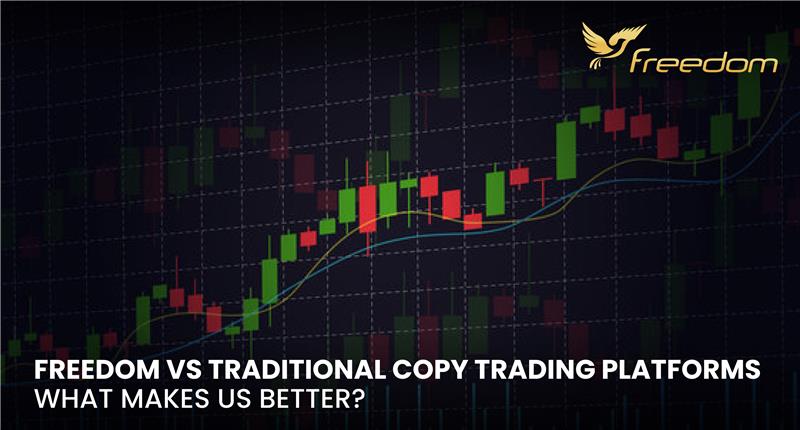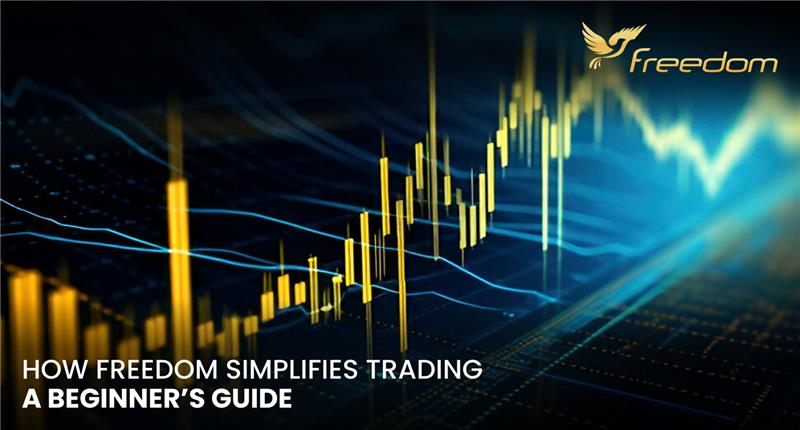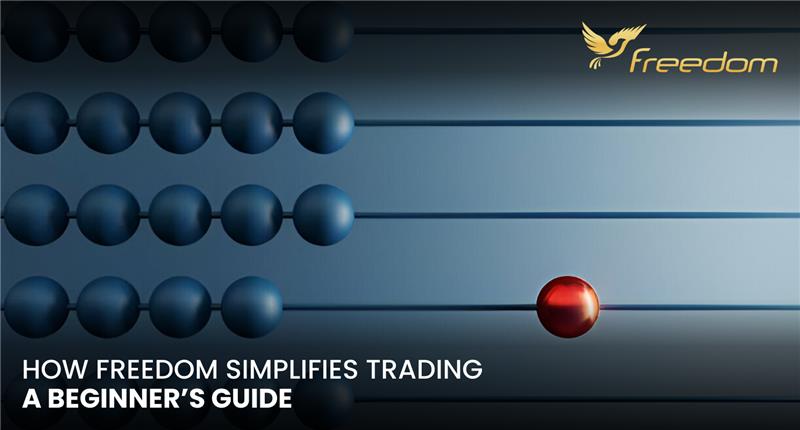What are Meme Stocks?
Meme stocks are the stock of a company that has become extremely popular on social media, usually as a result of activity on these platforms. These online communities can invest a lot of time and energy in researching and studying a particular stock. Discussion threads on websites like Reddit and posts to followers on platforms like X (formerly Twitter) and Facebook are common places to find extensive discourse and analysis about meme stocks.
Meme stock shareholders are frequently a disorganized group of independent people, each with their own financial philosophies and tastes, despite the belief held by some that meme stock groups coordinate attempts to affect the prices of those shares. It has been demonstrated that when they act independently, they can start short squeezes in names with significant shorting. Memes may become overpriced in comparison to fundamental technical analysis.
Understanding Meme Stocks
A meme is a popular culture concept or element that proliferates in people’s brains. As social media and the internet expanded, memes became more and more common. They make it possible for people to quickly share amusing, thought-provoking, or sarcastic posts, photos, or videos with people all over the world. Sharing these kinds of posts could quickly and multiplicatively cause them to become viral.
Chat rooms and discussion boards devoted to stock promotion and investment also emerged with the advent of the internet. These websites contributed to the promotion and price increase of so-called “dotcom stocks” in the late 1990s and early 2000s, a bubble that exploded with significant economic ramifications.
However, meme stocks didn’t really take off until 2020 thanks to the r/wallstreetbets Reddit site. WallStreetBets gained notoriety for having an unusual and frequently sarcastic tone, in contrast to its forerunners and other investing discussion boards. Users pool their resources to find target stocks, promote them, and invest their own money in them on this forum and others that have sprouted up afterward.
GameStop: The First Meme Stock
However, meme stocks didn’t really take off until 2020 thanks to the r/wallstreetbets Reddit site. WallStreetBets gained notoriety for having an unusual and frequently sarcastic tone, in contrast to its forerunners and other investing discussion boards. Users pool their resources to find target stocks, promote them, and invest their own money in them on this forum and others that have sprouted up afterward.
A few days later, Gill announced on Twitter (now X) that he had bought an undisclosed quantity of GME stock from Ryan Cohen, the investor and former CEO of Chewy.com. Cohen’s ownership of a 10% stake in the company was made public in November 2020. The stock increased quickly when he joined the board on January 12. By the time it closed two days later, the value had doubled, representing an eight-fold rise over the price when Cohen and Gill had first posted.
Additional Meme Stocks
Though it wasn’t the first, GameStop was the first successful meme stock. WallStreetBets users found other beaten equities with strong short interest to increase quickly. These included the antiquated smartphone manufacturer Blackberry Limited (BB) and the movie theater chain AMC Entertainment Holdings Inc. (AMC), which suffered declining profits during the COVID-19 pandemic.
Shares of both stocks increased several times in a short period of time. Members of r/wallstreetbets and related sites did, in fact, start to see the hilarity (for the “lulz”) in witnessing such iconic corporations rise from the stock market’s ashes as they became known as meme stocks.
Points to Remember
Brokerage platforms, day traders, and investors have all benefited from meme stocks, but businesses have also made money off of the craze. Due to the extremely high prices and ongoing demand from private investors for shares, Adam Aron, the CEO of AMC Theaters, capitalized on the high valuation by conducting a number of secondary offerings in 2021. In the first quarter (Q1), this brought in over $1.5 billion from avaricious purchases of meme stocks.
GameStop did the same in 2021, selling 8.5 million more shares at an average price of more than $200 each in a secondary offering that brought in close to $1.7 billion. Bed Bath & Beyond declared in 2022 that it would sell 12 million shares through a secondary offering because meme stock promoters had artificially inflated the stock’s valuation. But after the corporation revealed the plan, the price dropped sharply.
Memes in Stocks and Brief Sales
Meme stocks have always had the characteristic of having names that are significantly shortened. This indicates that a significant amount of the company’s outstanding shares have been sold short, or that there is a lot of short interest in the stock.
Selling shares you do not own in the hopes of buying them back at a reduced price is known as short selling. Therefore, it is a wager that prices will decrease. To sell the shares, the seller needs to obtain a share loan from an investor who owns the stock. There are fewer shares available for borrowing as more and more shares are sold short in this manner. Even the most determined short seller might not be able to borrow a stock once it becomes difficult to do so.
Short Squeeze
Because they include borrowed shares, stocks are sold short on margin. The short seller will start to lose money when the price of the shorted stock increases. These losses have to be made up quickly; margin calls, in which the broker requests money to cover those paper losses, are frequently the catalyst for this.
The Squeeze of GameStop
One of the earliest meme stocks, GameStop, is a great illustration of how the retail investing community recognized a stock that was heavily shorted and took advantage of a short squeeze to their advantage.
GameStop (GME) saw a drop in mall foot traffic and declining revenues, which led to the company becoming heavily shorted. As a result, the short interest had increased to more than 100% of the outstanding shares.
Conclusion
Early in 2021, so-called meme stocks gained popularity among day traders and regular investors. This led to brief squeezes on popular stocks including GameStop Corp. (GME) and AMC Entertainment Holdings, Inc. (AMC). Despite the fact that the fundamentals of meme companies remained dubious, online communities sprung up around these stocks, which got their name from the infectious nature of internet memes that could be seen on social media. If you want to start your career in trading, Freedom is the right choice for all types of traders. For more details, follow this link.




